How Mindfulness Transformed the Life of Headspace CEO Russell Glass
Russell Glass, the unassuming and confident CEO of Headspace, a mental health support platform, may not strike you as someone who struggles with worries. However, he once faced debilitating impostor syndrome. In 2014, he began a senior executive role at LinkedIn, coinciding with the birth of his third daughter. The blend of new responsibilities in an unfamiliar corporate setting and lack of sleep took its toll.
“I felt I couldn’t trust my instincts. Transitioning from a 200-person company to a 5,000-person enterprise was overwhelming. I questioned their methods, thinking it must be me who was out of sync. I was an entrepreneur with no big company experience,” Glass recounts.
As his self-confidence waned, Glass participated in a workshop led by Andy Puddicombe, a former monk and co-founder of Headspace with Richard Pierson. Organized by Jeff Weiner, then CEO of LinkedIn and an early mindfulness advocate, Glass decided to try the Headspace app. He began meditating daily, starting with ten minutes and gradually increasing to 15 minutes.
The results were life-changing, according to Glass. “Mindfulness transformed my life as a CEO, a husband, and a parent. I recognize my feelings but do not let them control me,” he says. Glass notes that Headspace employees share similar success stories on a dedicated Slack channel. He mentions that despite suffering a hormonal imbalance after her daughter’s birth, one user chose Headspace sessions over prescribed antidepressants to manage anxiety.
While mindfulness seems to be at its peak, Glass believes there’s more to be done in encouraging people to prioritize their mental health as much as their physical health. Headspace’s busiest season spans Christmas through early January, as mental health crises surge and people embark on new year’s resolutions to enhance their wellbeing.
“Mental health discussions are becoming more acceptable and even trendy among younger people, yet significant stigma remains in older generations and certain minority groups,” Glass observes.
Despite the decline of the pandemic, the demand for mental health support is higher than ever. “The pandemic caused a sudden spike in mental health needs, which haven’t subsided,” Glass explains, attributing ongoing issues to the challenging macroeconomic conditions and the persistence of remote work.
“The world’s complexities have escalated. People fear financial instability, the political scene is intense, and sleep deprivation is rampant, particularly among younger generations addicted to screens. The pandemic’s lifestyle changes and remote work shifts have perpetuated mental health challenges,” Glass points out, noting that younger staff members feel particularly isolated.
“Historically, work has been a place to form friendships and connections. Loneliness is especially prevalent among those who live alone and work remotely,” he adds.
Glass predicts that office presence will impact career progression, stating, “Employees are more likely to be promoted when they work in the office. I believe data will show those who spend time in the office early in their careers advance faster.”
Glass also addresses concerns about Headspace’s financial health after raising $105 million in debt financing. He chose debt over equity as it was more economical, providing a financial safety net. “We aim to weather any storm, despite uncertainties ahead in 2024,” he asserts, adding that the company is poised to become profitable, aided by a 10% workforce reduction to 800 employees.
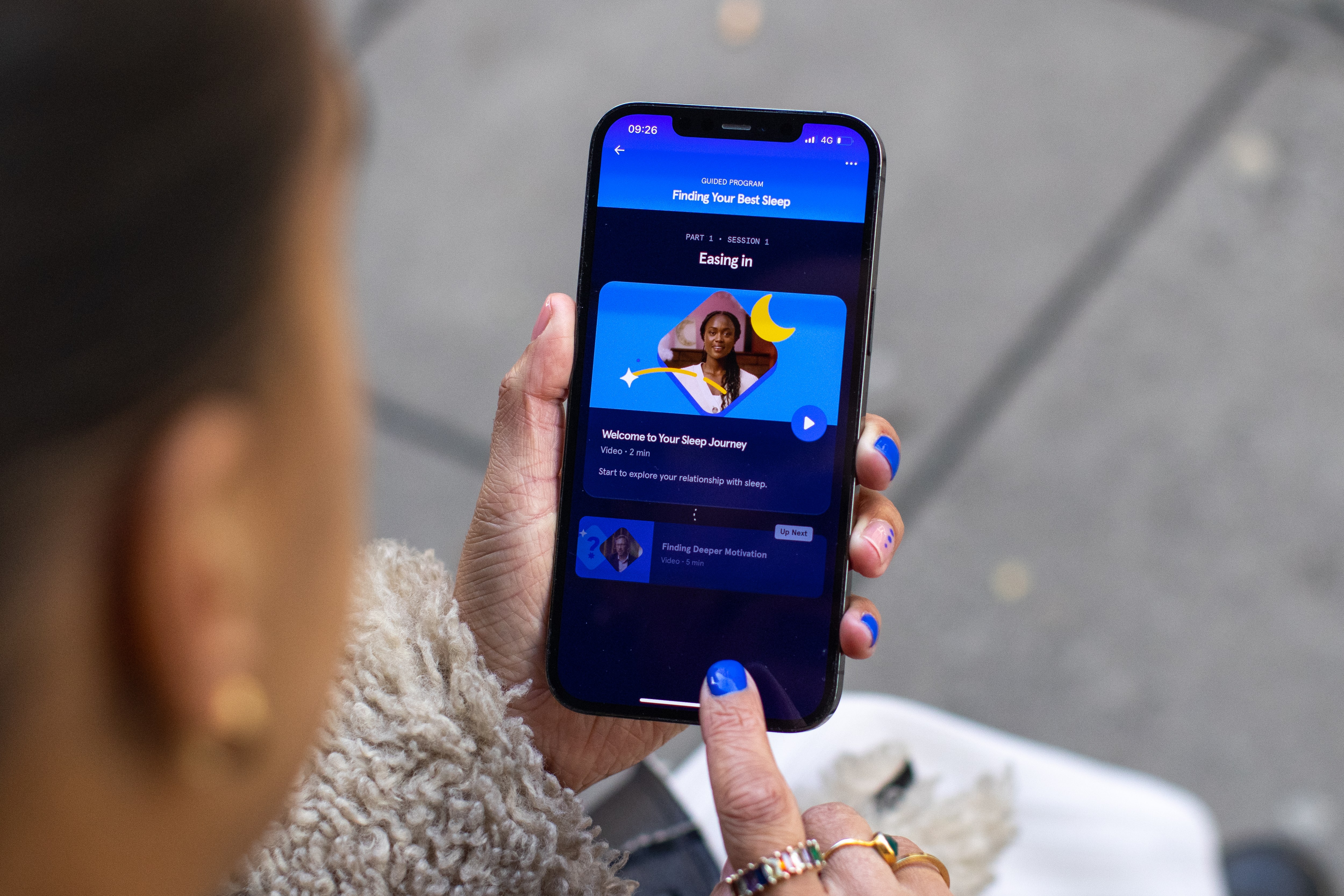
The workforce cutbacks followed Headspace’s merger with Ginger, a healthcare company. Merging two distinct cultures is complex, but Glass believes the decision was necessary. Headspace, a tech startup focused on mindfulness, contrasts sharply with Ginger’s medical provider model.
While known for its app, downloaded 100 million times, 60% of Headspace’s revenue comes from 4,000 business clients offering mental health services to employees. Glass anticipates that business-to-business sales will rise to 75%, reducing dependency on consumer spending.
Glass remains open to the idea of taking Headspace public, recognizing that it would enhance brand visibility, but he’s non-committal about the timeline. “To be the go-to brand for mental health, going public could be beneficial,” he concludes.
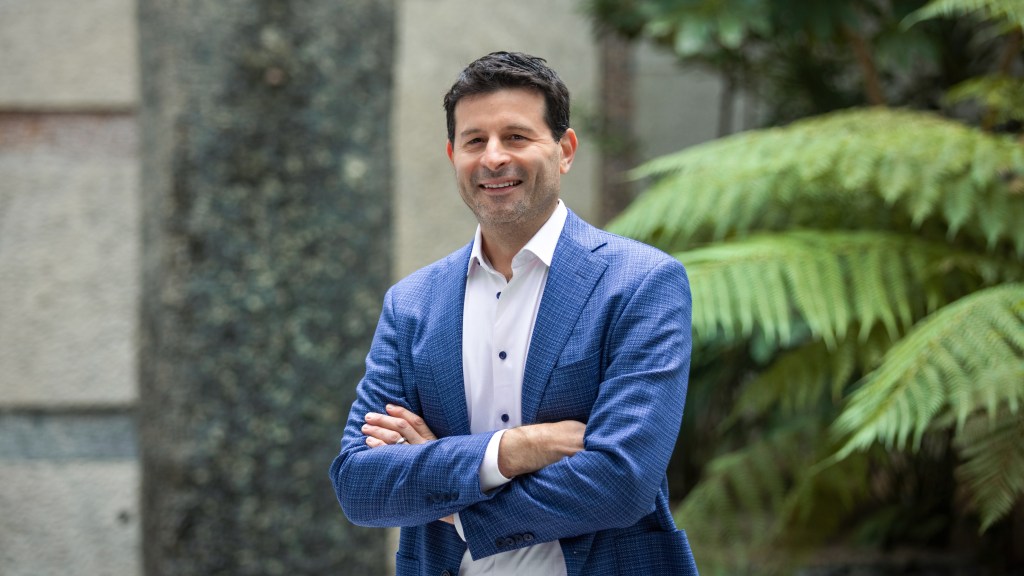
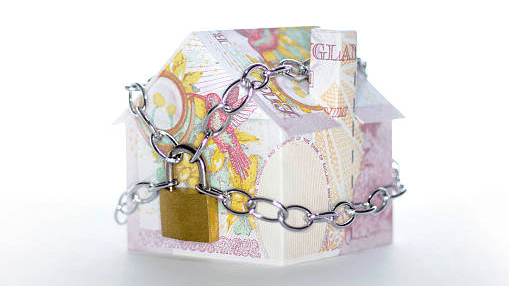
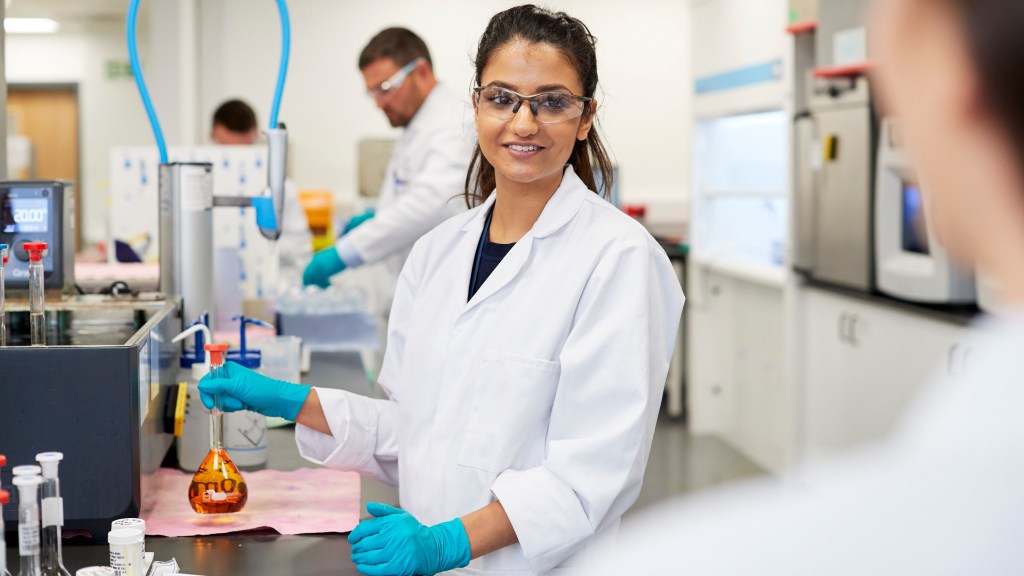
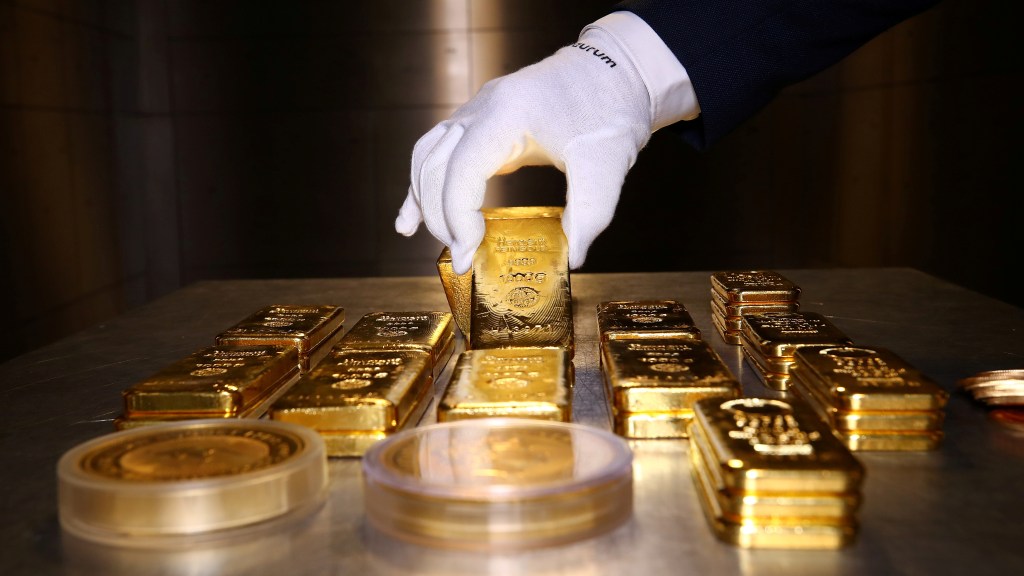
Post Comment